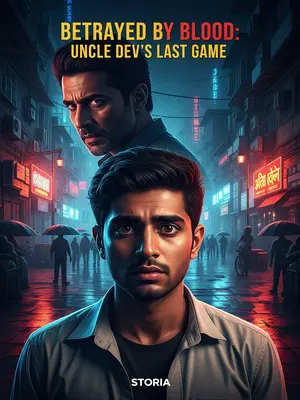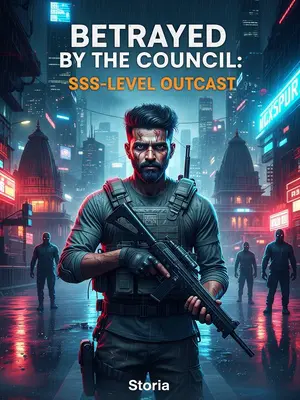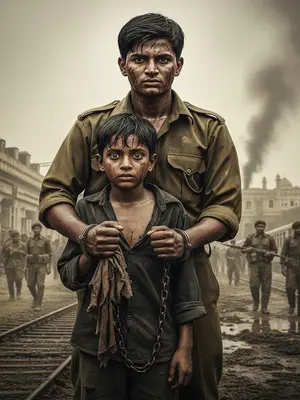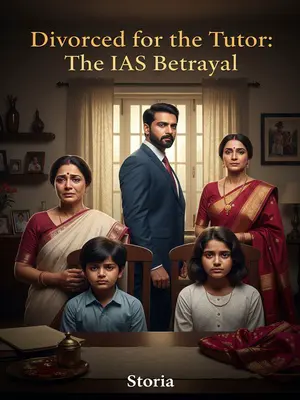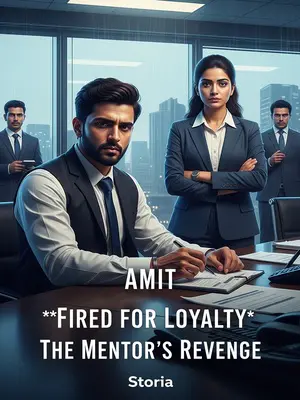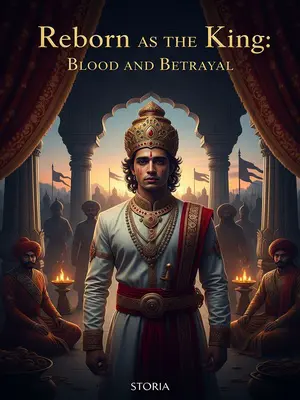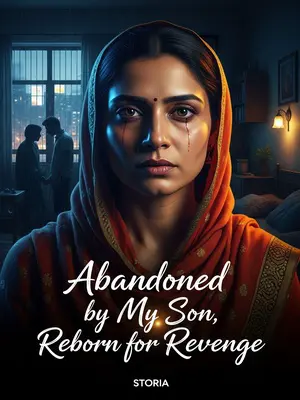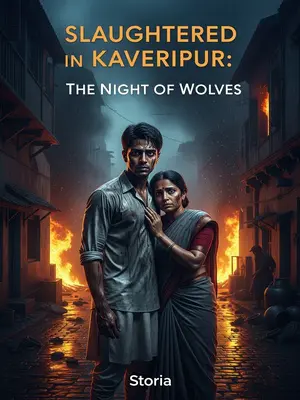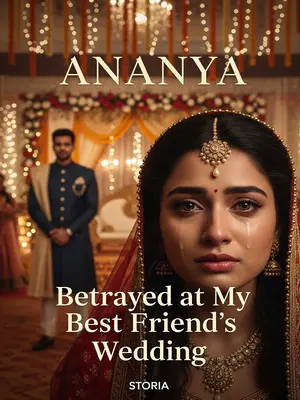Chapter 1: The Weight of Humiliation
In every NCERT history book, there’s one line that returns like an old bruise: Modern Indian history is a history of national humiliation.
You’ll stumble on these words halfway through every thick textbook, nestled like a wound that never quite heals. I remember sitting at the back of a sunlit classroom—chalk dust lingering in the air, the distant smell of samosas drifting from the school canteen—as that line pressed itself onto my mind. The ceiling fan whirred lazily overhead, and for a moment, it felt like every Indian child was being handed a share of this collective hurt. Even our most energetic teachers—Sushma Miss from Kerala, or the old Sir from Patna—would pause, sigh softly, and move ahead, as if wishing for brighter stories to tell someday.
The reasons for our humiliation run deep—economic setbacks, cultural losses, and a technological backwardness born from centuries of shutting ourselves off. But if you strip away all the layers, it comes down to something stark: our army’s combat effectiveness was too weak. Our soldiers couldn’t win, no matter who they faced.
We’ve all had those endless debates over cutting chai at railway stations, or at sleepy teashops lining the highways—why did this happen? Some blame centuries of foreign rule, others the endless quarrels among our own rajas, or the slow poison of corruption and self-interest. But the truth, as bitter as karela sabzi, remains: when it came time to fight together, our armies fell short, defeated not just by outsiders, but sometimes by their own lack of unity and resolve.
You’ll hear people say that outdated weaponry was the culprit—swords and muskets versus rifles and cannons, that sort of thing. It sounds reasonable, but it’s not the whole story.
Arrey, if weapons were all that mattered, then how come sometimes our own jawans, with the same rusty swords, pulled off miracles? We’ve all heard our dadajis complain, "Beta, how could we win when the British had those big guns and we only had our lathis?" But sitting on the verandah, sipping chai, even they would agree that excuses are easy. If weapons alone decided battles, how did our own men, with the same old swords, sometimes turn the tide?
Let’s remember: the armies of the princely states weren’t always so backward. At Plassey, Siraj-ud-Daulah’s forces outnumbered the British East India Company and had heavy artillery. So why did they suffer such a humiliating defeat?
Picture it—Nawab Siraj-ud-Daulah, his army as vast as a mela crowd, cannons lined up like band baja at a shaadi. Victory should have been certain. But traitors crept in, generals cared more for their own power than for Bengal, and soldiers lacked the will to fight for a cause. All this jeet ko haar mein badal diya, jaise shaadi ke laddoo khatte nikle. Even today, over dinner, elders mention 'Plassey' with a hush, as if recalling a family shame.
Jump ahead to the Indian National Army under Netaji Subhas Chandra Bose. The British had better weapons, but the INA wasn’t exactly fighting with dandas and stones—they had Japanese equipment, support from Southeast Asian allies. Even if they couldn’t win, surely they shouldn’t have had to retreat into the Burmese forests? Yet by 1944, with the British exhausted by World War II, the INA still suffered the crushing defeat at Imphal—a loss that stunned the world.
We grew up listening to Netaji’s speeches blaring from old radios, tales of his soldiers marching through jungles—faces gaunt with hunger and hope. And still, the Burmese jungles became their last shelter. My nanu would always look away, rubbing his palms together as if warming them on invisible memories. The defeat at Imphal wasn’t just a military loss—it was a silent wound carried by every family who had sent a son, brother, or father to the fight.
Clearly, weapons weren’t the only reason for defeat.
Isn’t it obvious? If rifles and tanks were everything, why do so many wars get decided by men and women who have little more than faith and empty stomachs? There’s something else—a chingari, a belief, a purpose—that can make even the weakest army impossible to break.
But then, in 1971, everything changed. The Bangladesh Liberation War broke out. The army of New India marched into East Pakistan, and the result? The world saw a coalition against one, and India emerged victorious.
In living rooms and paan shops, people remember the radio crackling with news—our jawans crossing the border, the surrender at Dhaka, prisoners of war. Even now, when old men gather for their evening walk, someone brings up 1971, eyes shining with pride. That war wasn’t just a military victory; it felt as if the whole nation had finally found its voice.
If our victories in the 1965 war didn’t grab global attention, the 1971 war made the world sit up. Foreign reporters crowded Delhi, trying to understand this confident Bharat. Children cheered in classrooms, families in every galli and mohalla celebrated with mithai and noisy processions. Even the usual cynics found themselves swelling with pride as the tricolour fluttered.
Suddenly, the martial prowess of New India was recognised everywhere, and India’s place in the world rose. For the first time, "Indian Army" was spoken with respect in Moscow, Washington, and beyond. Our soldiers, once dismissed as relics of empire, were now the pride of a new era. For ordinary people, it was real—the way neighbours saluted a jawan home on leave, the patriotic songs on Vividh Bharati, the dreams of little boys and girls to join the army.
So what does this prove? The theory that weaponry alone wins wars doesn’t hold up. In the first three battles of the Bangladesh War, the difference in weaponry between the Indian Army and the Pakistani forces was even greater than between the INA and the British in World War II.
One look at the battered jeeps and patched-up uniforms—sometimes older than the jawans themselves!—shows it wasn’t new rifles that won the day. It was determination and unity. We won not because our tanks were shinier, but because the men behind them finally had a reason to fight that went beyond pay or medals.
So here’s the real question: If weapons weren’t the root cause, and the country and its people were the same, how could there be such a dramatic difference in our army’s fighting spirit in just a few decades? What exactly changed?
It’s a question that still haunts every chai stall and classroom—did something finally awaken in us, or did we simply have no choice left?

